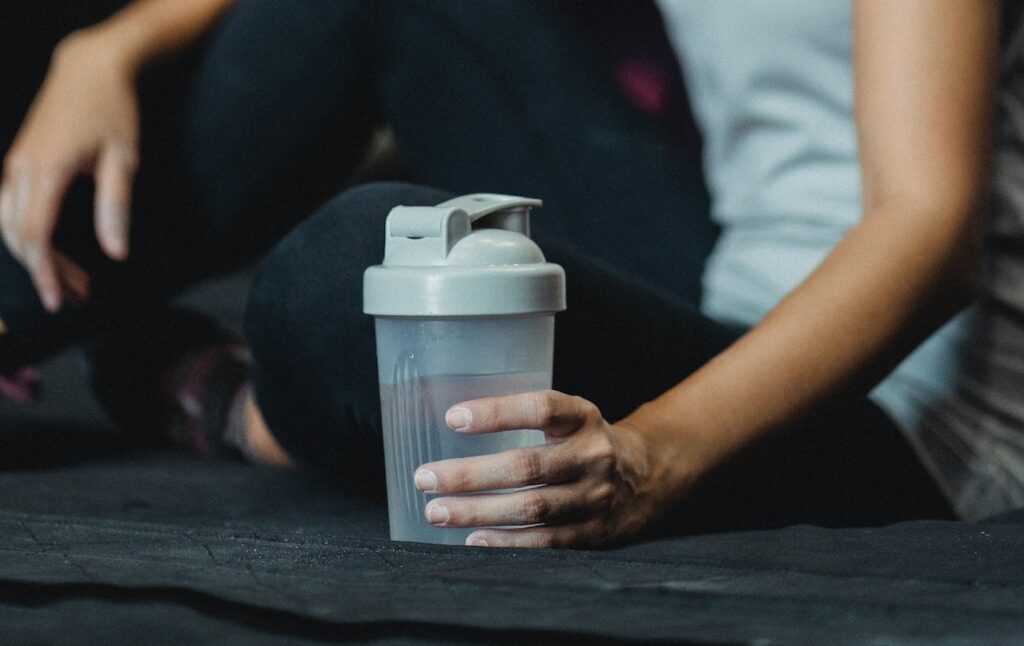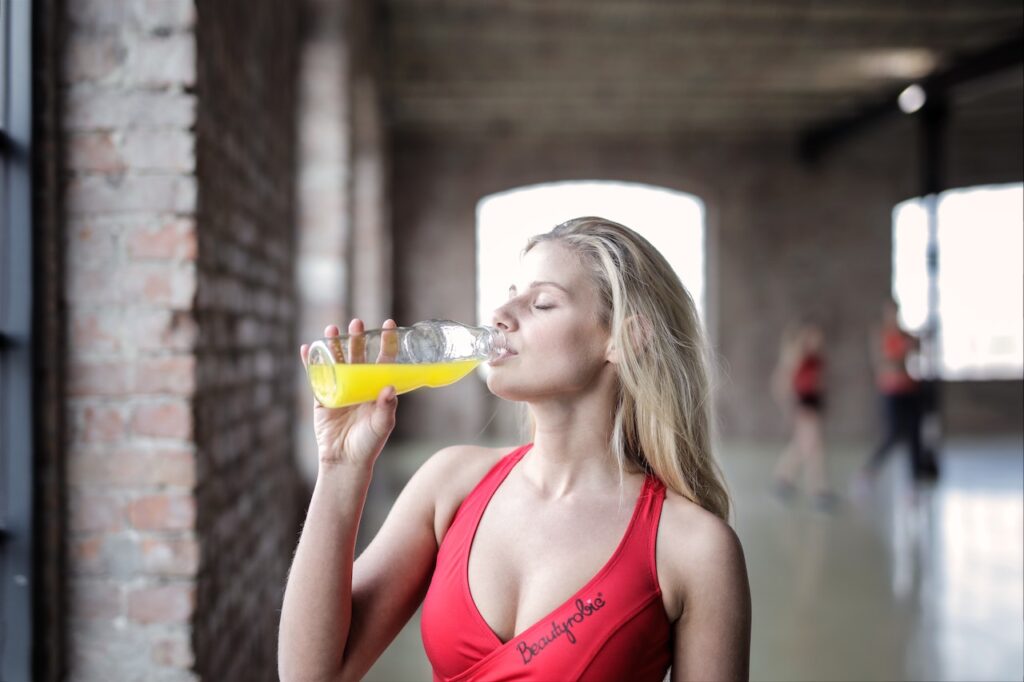The Role of Macronutrients in Your Workout
Macronutrients – proteins, carbohydrates, and fats – are the major building blocks of nutrition that your body requires in large amounts. Each plays a distinctive role in fueling your workouts and aiding recovery.
Protein is the key player in muscle recovery and growth. It aids in repairing the muscle tissues that break down during a workout, helping build lean muscle mass.
Carbohydrates are your body’s primary energy source. They fuel your muscles during both low-intensity and high-intensity workouts, helping you maintain your stamina and exercise performance.
Fats, especially unsaturated fats, are necessary for long-lasting energy, especially in lower intensity workouts. They also play a key role in hormone production and nutrient absorption.
Balancing these macronutrients in your daily diet is crucial. Although the exact ratio may vary based on your specific goals and body type, a balanced plate often includes a lean protein source, complex carbohydrates, and a portion of healthy fats.
Read our article to choose the right home gym equipment for your needs.

Pre-Workout Nutrition
What you eat before a workout can significantly impact your performance and endurance. Pre-workout meals or snacks aim to fuel your body and provide the energy needed to complete your workout effectively.
When planning your pre-workout nutrition, focus on carbohydrates for quick energy and protein for muscle support. For instance, a smoothie made with a banana (carbohydrate) and Greek yogurt (protein) can serve as an effective pre-workout meal. Timing also matters; try to eat your pre-workout meal or snack about 1-3 hours before exercising.
Struggling with consistency? Read our tips on staying motivated.
Post-Workout Nutrition
Just as important as what you consume before a workout is what you consume after. Post-workout nutrition is crucial for recovery, replenishing energy stores, and supporting muscle growth.
A post-workout meal should contain proteins for muscle repair, carbohydrates to replenish energy reserves, and fruits or vegetables to provide micronutrients and fiber. For example, a post-workout meal could be a chicken breast (protein), sweet potato (carbohydrate), and a side of broccoli (vegetables).
Ideally, aim to eat your post-workout meal within 45 minutes to an hour after exercising, known as the “anabolic window,” where your muscles are primed to absorb nutrients most efficiently. However, if a meal isn’t possible right after your workout, a protein shake can serve as a quick, convenient substitute.
Nutrition and exercise are two sides of the same coin when it comes to maximizing your fitness results. By understanding and implementing the principles of pre- and post-workout nutrition and the role of macronutrients, you’re one step closer to reaching your fitness goals.

Hydration and Exercise
Beyond nutrition, proper hydration is a cornerstone of optimal workout performance and recovery. Water regulates your body temperature, lubricates your joints, and helps transport nutrients to give you energy during your workout. Dehydration can lead to fatigue, decreased coordination, and muscle cramping, impacting the quality of your exercise routine.
Aiming to drink at least 8 cups (2 liters) of water daily is a good baseline, but those actively working out may need more. Start by hydrating before your workout, sipping on water during the exercise, especially in long and intense sessions, and replenishing fluids post-workout. Remember, if you’re thirsty, you’re already dehydrated.
Dietary Modifications for Different Fitness Goals
Just as your workouts are tailored to your specific fitness goals, so should your nutrition.
For weight loss, creating a caloric deficit, where you consume fewer calories than you burn, is crucial. This doesn’t mean drastically cutting calories, but rather focusing on nutrient-dense, filling foods that keep you satisfied while staying in a calorie deficit.
Building muscle typically requires a caloric surplus to provide extra energy for muscle synthesis. Here, protein becomes even more important, as it’s the building block of your muscles.
For cardiovascular health, a diet rich in fruits, vegetables, whole grains, lean proteins, and healthy fats is recommended.
Regardless of your goal, adjusting caloric intake based on activity levels is essential. An active day with a strenuous workout will necessitate more calories than a rest day.
Nutrition Tips for Weight Management
Balancing nutrition and exercise is the key to effective weight management. Portion control is paramount – even healthy foods can contribute to weight gain when eaten in excess. Consider using smaller plates and bowls to help manage portions, and remember to fill half your plate with fruits and vegetables, a quarter with lean proteins, and a quarter with whole grains.
Regular meals and healthy snacks can prevent hunger pangs that lead to overeating. Also, paying attention to your body’s hunger and fullness cues can help prevent overeating.
No gym equipment? No problem! Get started with bodyweight exercises.

Conclusion
In conclusion, nutrition plays a significant role in maximizing the effectiveness of your home workouts. It’s not just about fueling your workout or recovery but also about aligning your dietary habits with your fitness goals. As you embark on or continue your fitness journey, remember to give nutrition the attention it deserves. With the right balance of exercise and nutrition, you are well-equipped to achieve and exceed your fitness goals. Remember, the kitchen is a strong ally to the gym in the battle for fitness gains.
Embrace the journey, appreciate the progress, and never underestimate the power of a well-nourished body in your pursuit of fitness.
